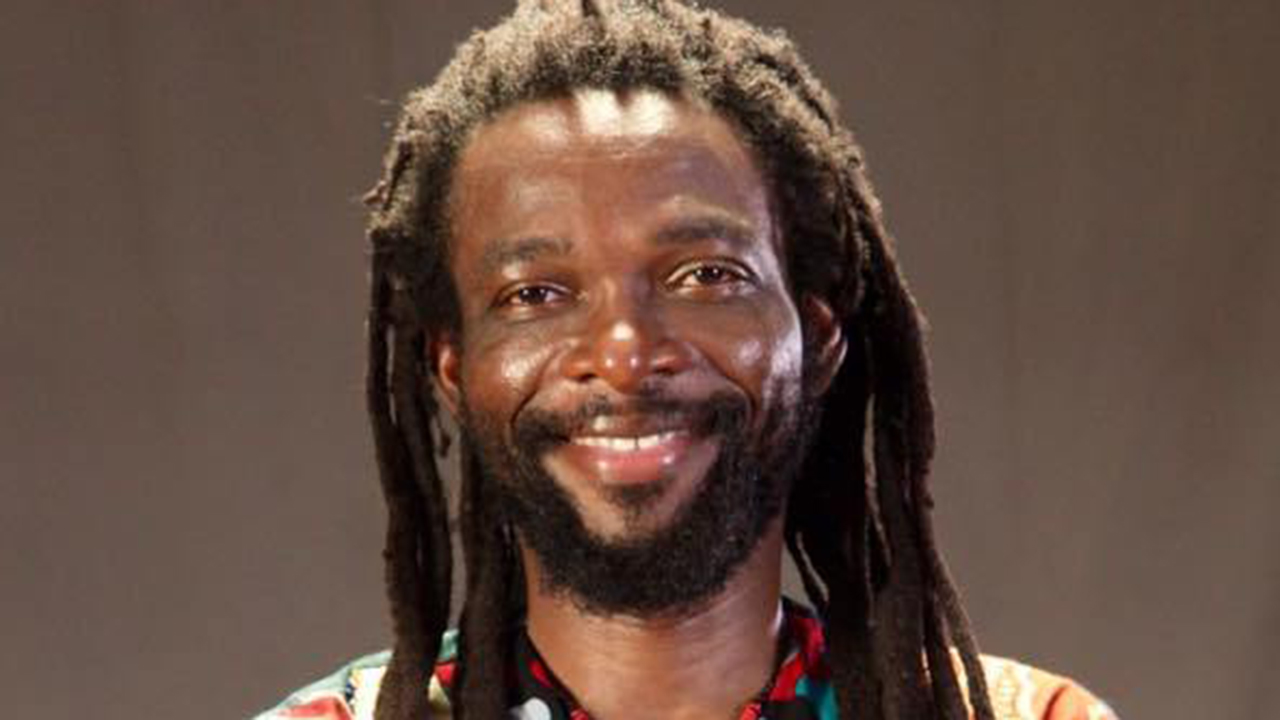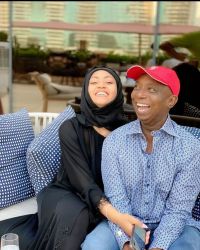On 1 October 1960, the Nigerian flag was raised and with it came a new chapter in our collective story. Independence wasn’t just a political milestone but a deeply personal moment for millions. It marked the reclaiming of identity, the right to dream freely, and the beginning of a nation writing its own narrative.
1. Things Fall Apart — Chinua Achebe
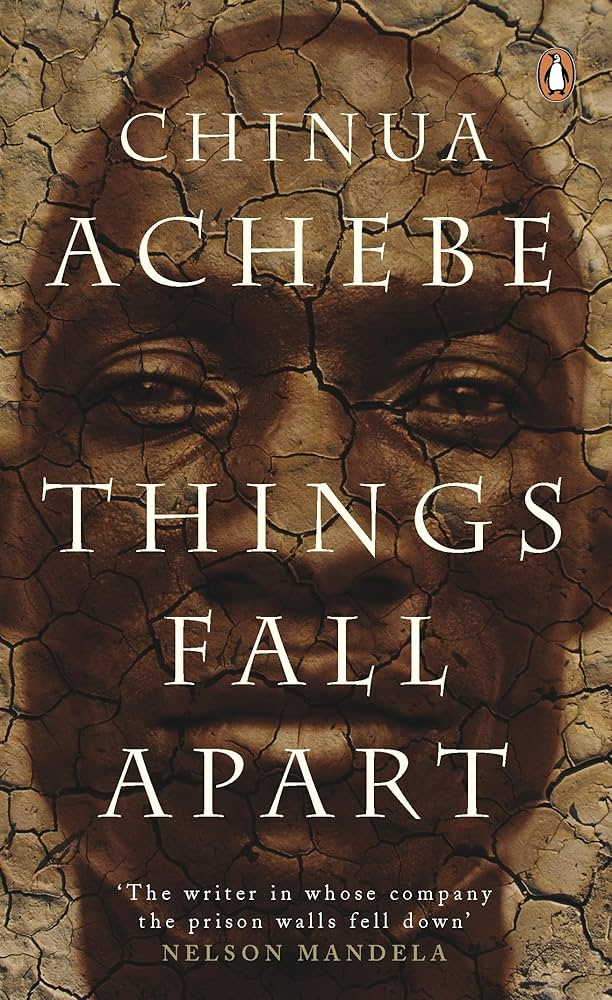
First published in 1958, Things Fall Apart remains one of Nigeria’s most important novels about identity, tradition, and the clash with colonialism. Achebe gives us Okonkwo, a proud Igbo man whose personal struggle mirrors the upheaval of his community. Through vivid storytelling, Achebe reclaims African narratives from colonial stereotypes and shows that independence is not only political but cultural. This book still resonates today because it reminds us that before the flag was raised, there were stories, customs, and values worth preserving and passing on.
2. Half of a Yellow Sun — Chimamanda Ngozi Adichie
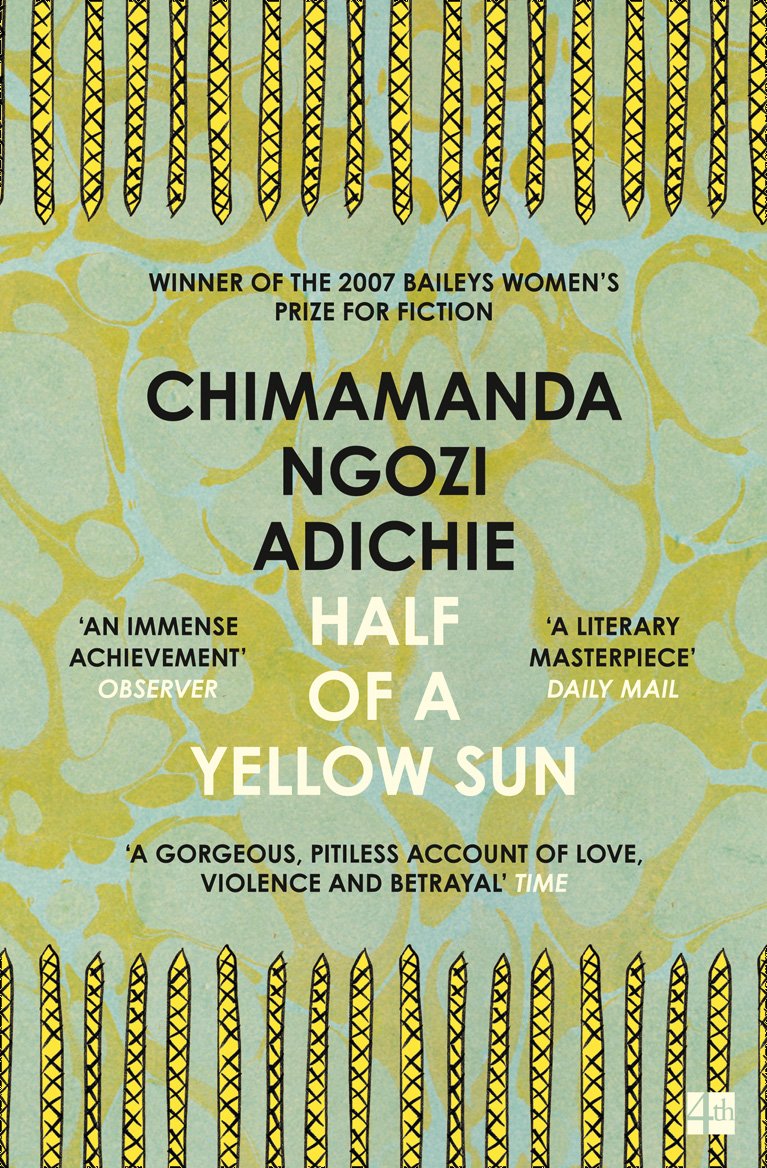
Adichie’s award-winning novel looks at the fragile hope of independence and how it quickly gave way to the tragedy of civil war. Through sisters Olanna and Kainene, she explores how love, loyalty, and identity are tested by conflict. The book shows the price of nationhood and the human cost of political failure. It offers a sobering, intimate look at one of Nigeria’s most defining moments and reminds us that freedom is not only won but must also be protected and nurtured.
3. Measuring Time — Helon Habila
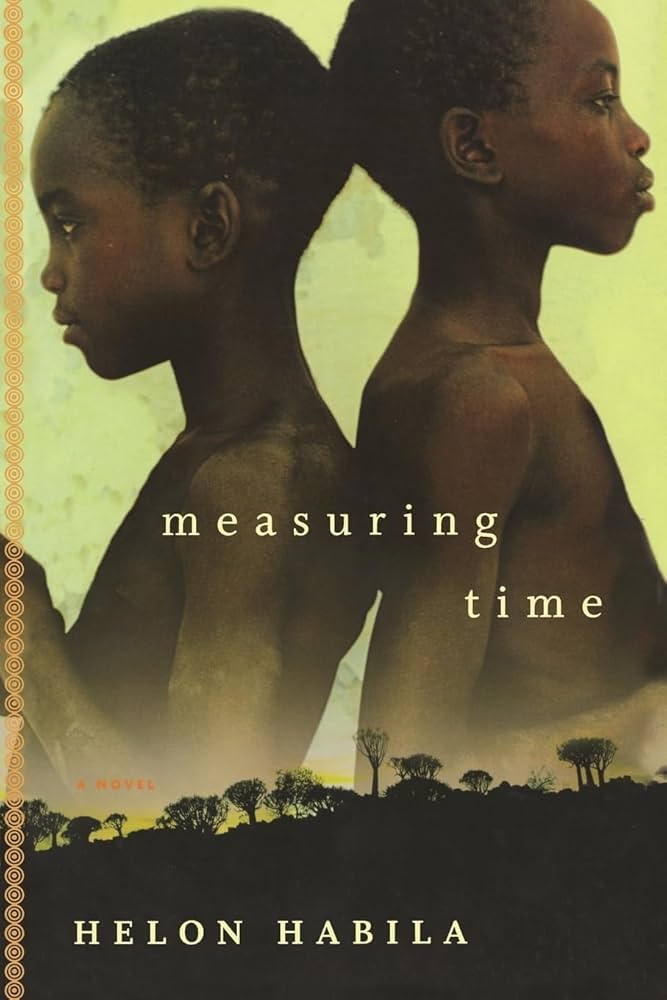
Habila’s sweeping story follows twin brothers Mamo and LaMamo from a small village into very different futures: one as a soldier chasing glory, the other as a sickly historian seeking meaning. The novel reflects Nigeria’s post-independence reality: idealism colliding with disillusionment. Measuring Time is quiet but powerful, asking what legacy we leave behind when dreams shift or fail. It is a reminder that freedom is more than independence from colonial rule; it is also the ability to imagine and record our own future.
4. There Was a Country — Chinua Achebe
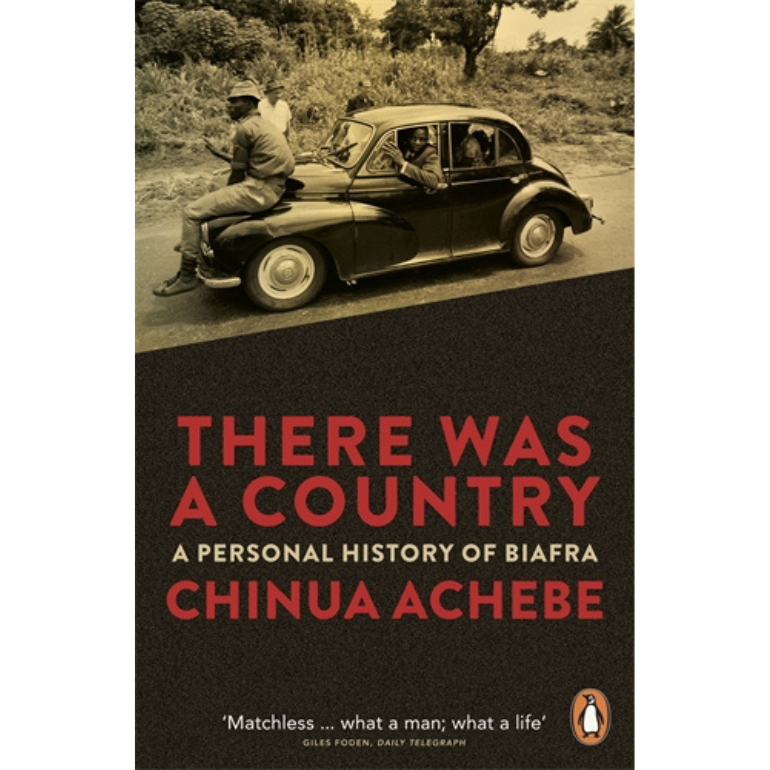
Achebe’s final book blends memoir and history to recount Nigeria’s journey from colonialism through independence and into the Biafran War. He writes tenderly about his own experiences while offering a sharp critique of leadership failures. This is not just a record of events but a personal story of hope and heartbreak in a country trying to define itself. Achebe’s reflections on Biafra are intimate and national at once, showing how freedom gained can be threatened and how memory can still guide renewal.
5. Path to Nigerian Freedom — Obafemi Awolowo
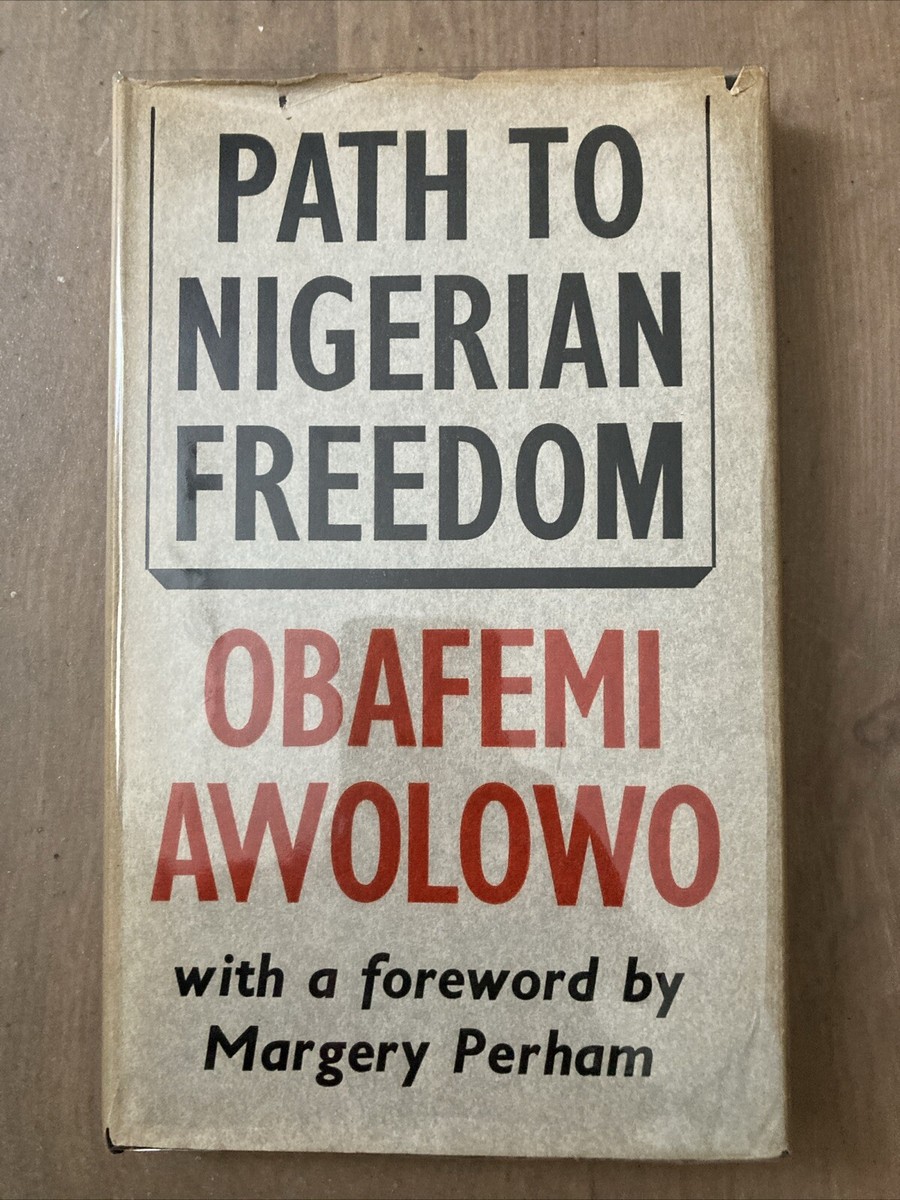
Published in 1947, more than a decade before independence, Awolowo’s work was one of the boldest calls for self-rule in Nigeria. It laid out a vision for a united but federal nation where ethnic and regional identities could coexist within democracy. Reading it today feels like holding the foundation stone of modern Nigeria. It reminds us that independence was not accidental but was fought for in words, debates and ideas long before flags were raised, and that freedom begins with vision.
6. Fine Boys — Eghosa Imasuen
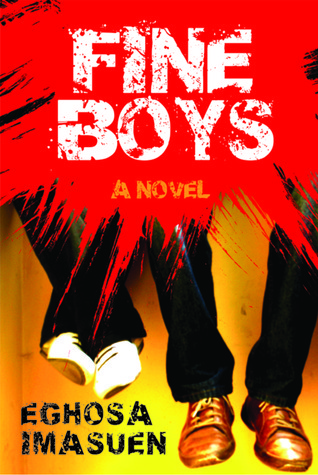
Fine Boys captures the energy and chaos of a country in transition through the eyes of university students facing strikes, cult violence, and a hunger for a better future. Imasuen tells this story with humour and honesty, showing how young people search for identity and belonging while living in a system that often fails them. It reminds us that freedom is not only about governments and policies but about the everyday choices young people make in carving out their futures.





